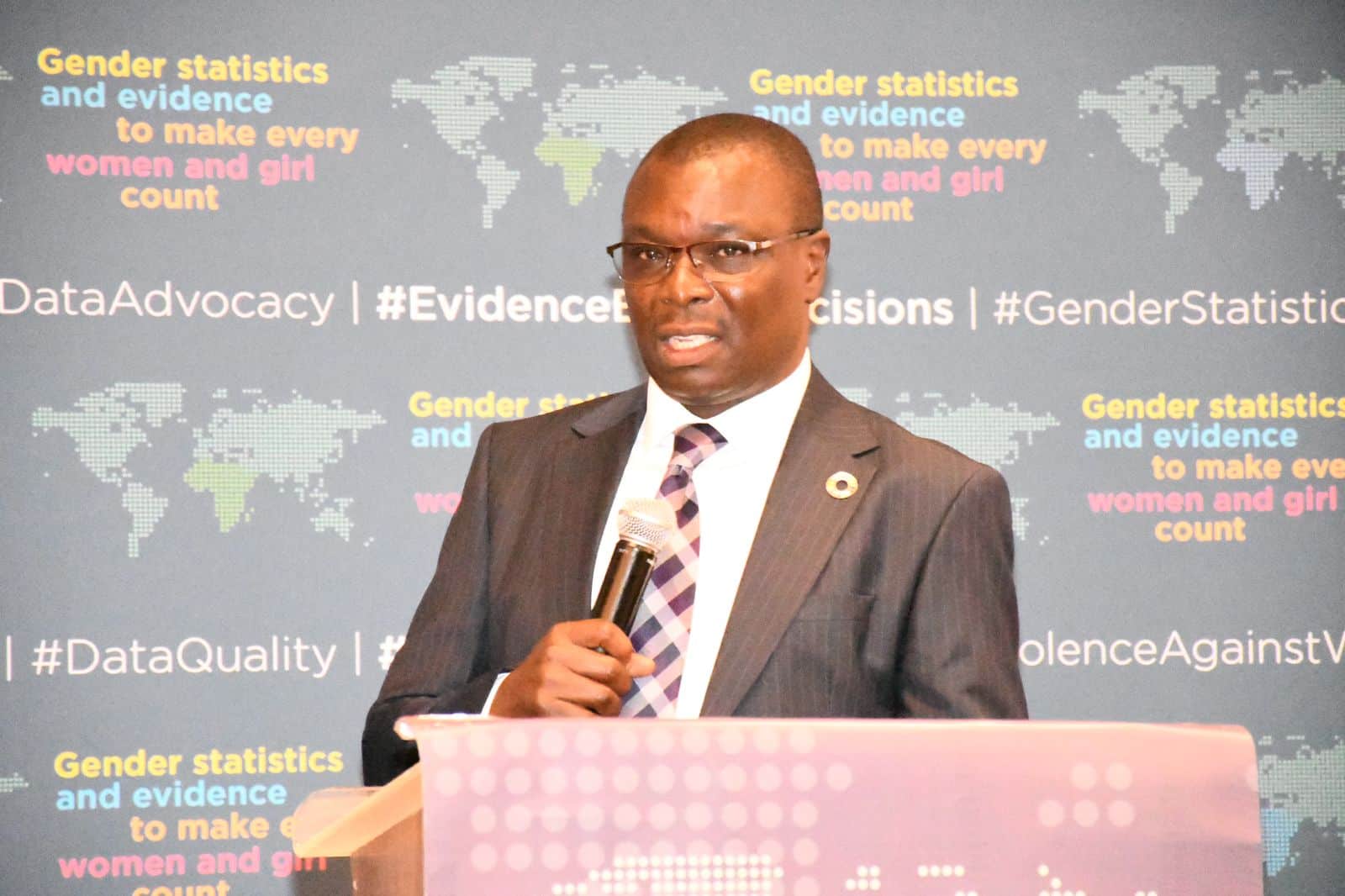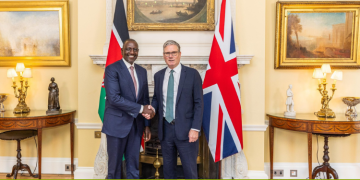Kenya is going through some major changes; it is all because of the younger generation who are shaking things up when it comes to the way religion and politics intersect.
As a result, politicians are facing a real challenge in using religious platforms for their activities.
They are being forced to find other ways to connect with the electorate. It is a whole new ball game, and they have to adapt.
There has always been a close interaction between politicians and clergy in Kenya where men of God openly support certain politicians or engage themselves in politics leading to a fusion of church and state matters.
Many see this partnership as ungodly since it makes the church lose its neutrality thus turning away from its stance as a moral conscience.

Clergymen Mistrust
Moreover, there has been mistrust among Kenyans due to instances where clergymen receive favors or financial assistance from politicians which led to reactions against this practice.
The anti-tax revolt by the younger generation is now cleaning the church of politicians. Politicians have recently been being looked at with disapproval, especially when found in churches.
Also Read: Gen Z Protesters Disrupt Church Fundraisers, Demand End to Political Donations
The young people believe they disrupt religious services’ sanctity and meaning and, hence unwanted around their churches.
This feeling has also spread among older worshippers who think that political talks and involvement in religious activities sidetrack the spiritual purposes of churchgoers as well as exploiting them for personal gains.
Consequently, there are calls to avoid anything political within places of worship for more genuine veneration.
Gen Z Mindset
Generation Z, born between the mid-1990s and early 2010s, is shaping things up. This generation has a practical mindset and prefers realness and leaders who aren’t all about hierarchy.
They value honesty and aren’t afraid to question the old, shady, or out-of-date ways of doing things.
You can see their influence in how they want to keep politics separate from religion, this shows their commitment to fairness and making sure institutions are accountable.
Recently, the relationship between politicians and churches in Kenya has become strenuous.
This has led to politicians getting the boot from church fundraisers. There are a few reasons behind this trend, some of them being the growing influence of Generation Z and their unique values and expectations.
Occupy Churches Movement
The church has become somewhat of a political battleground, and Gen Z is not having it.
They’re getting increasingly frustrated with politicians using church platforms for empty political talk instead of focusing on matters of the spirit.
It’s no wonder some church leaders are receiving warning messages from Gen Z not to allow any politician in church.
It is a combination of factors – the politicization of the church and Gen Z’s concerns – causing this tension between politicians and churches.
Generation Z known for being skeptical of traditional institutions and having a strong belief in integrity, have made it clear that they are not fans of politicians using church platforms to boost their popularity.
This younger crowd is not too keen on the perceived corruption and opportunism that often come with politicians in church.
They are demanding serious accountability and integrity from our political leaders. No wonder churches are starting to distance themselves from the political figures.
Pulpit Politics
The growing buzz among Gen Zs about churches staying true to their spiritual and community growth has made church leaders take a cautious approach, aiming to maintain the sacredness of their religious spaces and steer clear of political controversies.
Gen Zs are adamant that the church should prioritize genuine spiritual guidance. Kenya has a long history of political corruption, with numerous high-profile cases involving embezzlement, bribery, and misuse of public funds.
These cases have been widely reported in the media, leading to a general distrust of politicians.
Young people, who are highly active on social media and digital platforms, are particularly exposed to these reports and discussions, reinforcing their belief that politicians often acquire their wealth through corrupt means.
Many politicians are also perceived as not transparent about their sources of income and how they accumulate their wealth.
Demand for Accountability
This lack of transparency fuels suspicion among Gen Z, who are more likely to demand accountability and openness from their leaders.
When politicians donate large sums to churches without clear explanations of the sources of these funds, it also raises doubts about the legitimacy of the money.
The contrast between the wealth displayed by politicians and the economic struggle of the average citizen is stark.
Young people observe that while many politicians live lavish lifestyles and make substantial donations, a significant portion of the population struggles with poverty and lack of basic services.
This discrepancy leads to questions about how politicians can afford such generosity, often leading to the conclusion that the money must be ill-gotten.
In the past, there have been numerous instances where funds donated by politicians were later found to be proceeds from corruption.
These precedents set a pattern that reinforces the belief among the youth that current donations are likely sourced similarly.
The history of corruption in Kenya creates a context where any financial activity by politicians is viewed with skepticism.
Emphasis On Integrity & Ethical Leadership
Gen Z places a high value on ethical leadership and integrity. They are more likely to reject leaders who do not meet these standards and are vocal about their disapproval of corrupt practices.
This generation’s demand for change and active role in calling out unethical behavior contribute to their critical view of politicians’ donations.
Also Read: Church Leaders Forced to Explain Why They Met Ruto
The cumulative effect of these factors results in a deep-seated distrust of political figures and a belief that their financial contributions to religious institutions are tainted by corruption.
Many young Kenyans see donations from politicians as “dirty money” that compromises the moral integrity of religious institutions.
This sentiment has led to Gen Zs occupying churches if politicians are invited to fundraisers.
Additionally, they argue that these contributions are an attempt by politicians to launder their reputations rather than genuine acts of charity.
Gen Zs have arrived, and the politicians will not believe it!
Follow our WhatsApp Channel for real-time news updates.
https://whatsapp.com/channel/0029VaB3k54HltYFiQ1f2i2C











































































